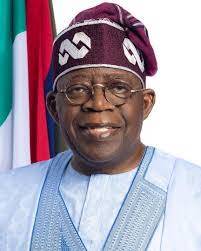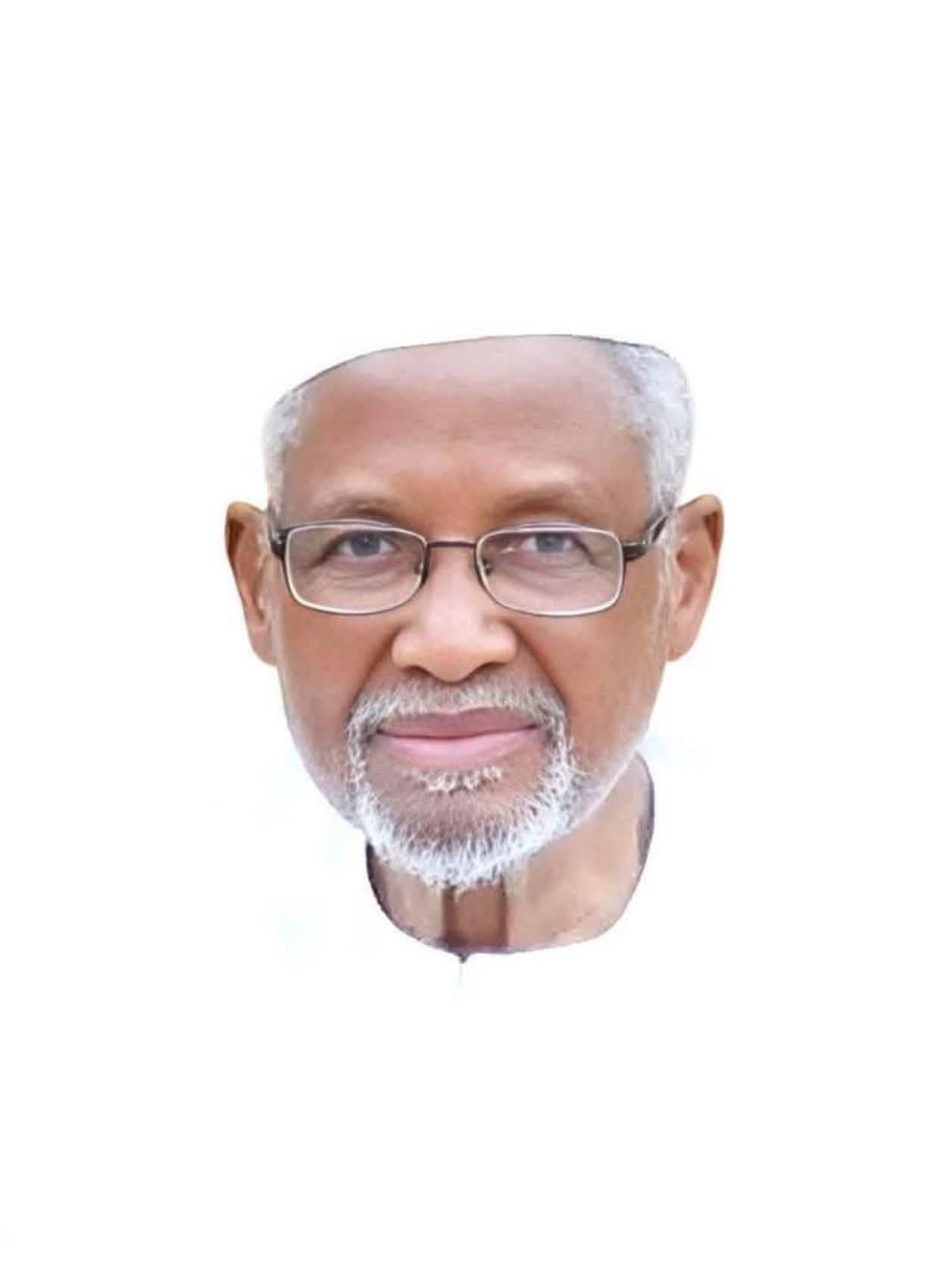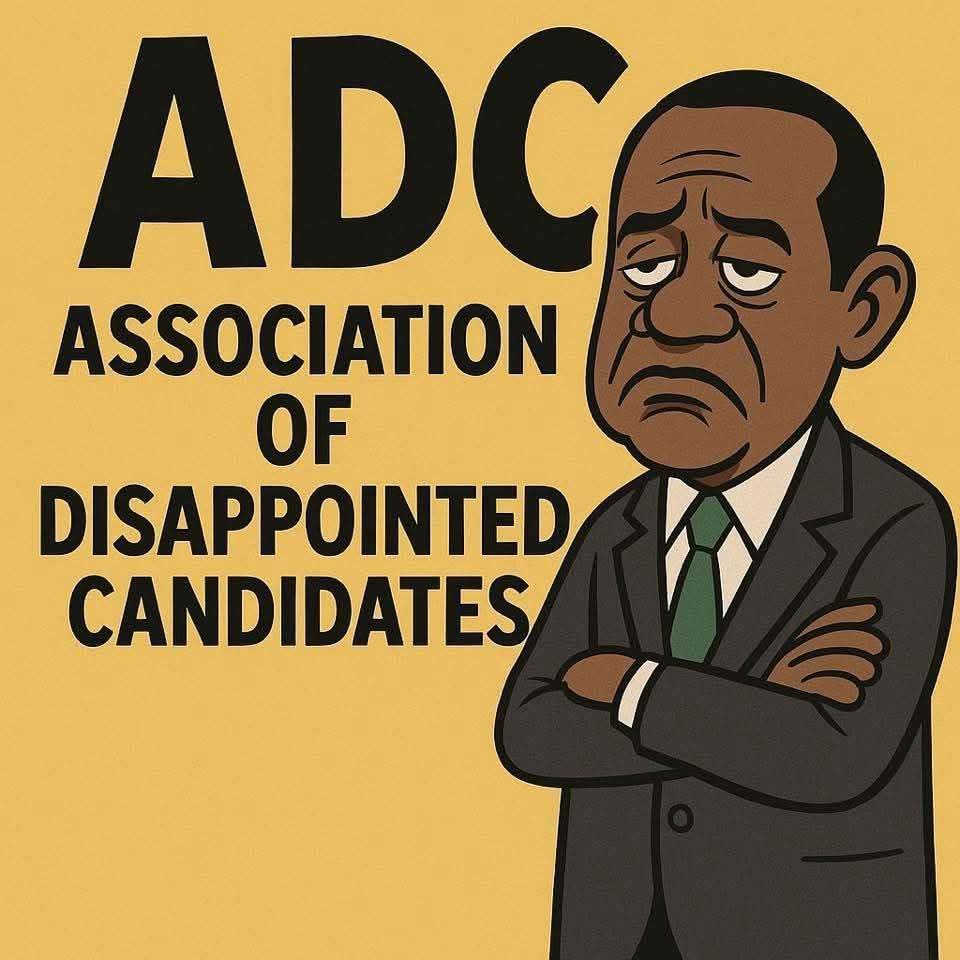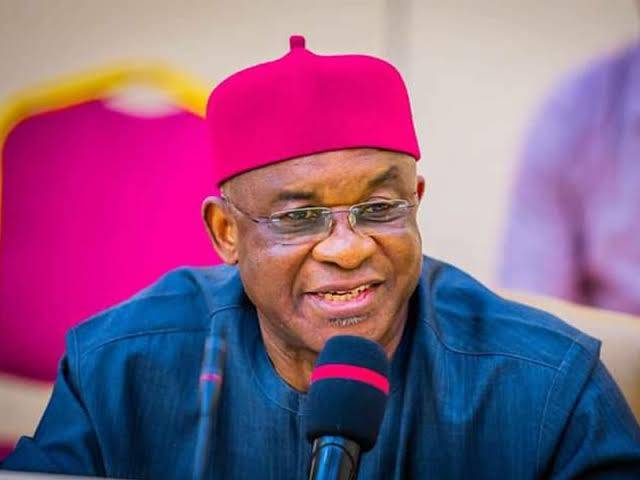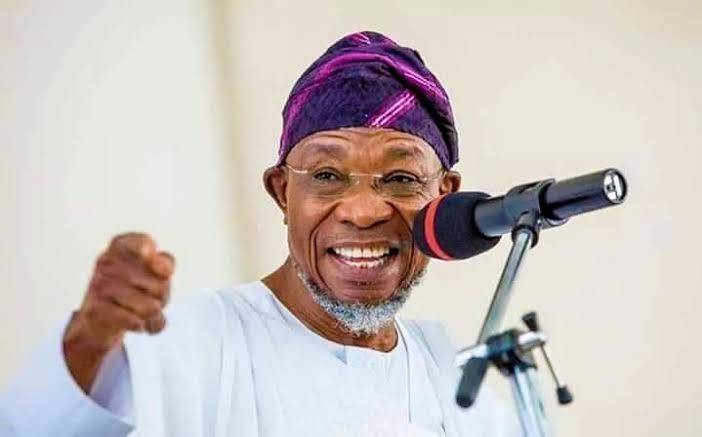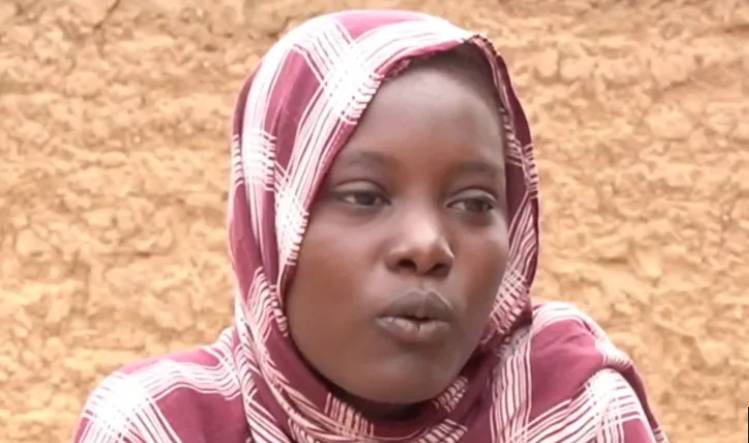The Nigerian Supreme Council for Islamic Affairs (NSCIA) has called on political leaders and governments in the country to treat traditional institution and its holders with deserved respect especially where such is intertwined with Islamic leadership.
NSCIA made its position known in a communique at the end of its ninth Expanded General Purpose Committee (EGPC) meeting held in Abuja and signed by Prof Is-haq Oloyede, the Secretary-General of NSCIA and EGPC.
This position was reinforced by the crisis of mistrust in Kano and Sokoto states over the seat of the Sultan of Sokoto cum President-General of the NSCIA, Alhaji Muhammadu Sa’ad Abubakar III, on one hand and the stand-off, conflicting court judgements and disagreements extending to the ulama, in Kano State over the controversy heralding the contentious deposition of the 15th Emir of Kano, Alhaji Aminu Ado Bayero; and the reinstatement of the deposed 14th Emir of Kano, Alhaji Muhammadu Sanusi II.
The communique reads: “The NSCIA is strongly advising government and political leaders at all levels to continue to accord the traditional institution and its holders the due respect that they deserve, especially where such is combined with Islamic leadership.
“This is in order to ensure the protection of our cultural and religious heritage for sustainable peace and national development. The Muslim ummah in Nigeria, long before independence, unanimously resolved to entrust its leadership to an established Islamic institution that Muslims all over the country believe would always command the desired respect and attract the highest regards of all and sundry.
“It, therefore, behooves the custodians of such institution to also reciprocate by acting in a manner that shows, both in words and deed, respect for Islam, its institution and the feelings of the generality of the ummah. Any iota of disrespect to the institution is a direct affront on the faith and its adherents.”
“The need was reiterated for establishing an efficient channel of communication between the Government and the NSCIA, as the highest representative body of the Muslim Ummah, in order to facilitate a better understanding of and consequently adequate support for government policies and programmes.
“A case in point was the misconstrued outstanding obligation of the Federal Government towards 2024 Hajj depositors for foreign exchange prior to the increase in the exchange rate to honour the obligation to which the government had been committed before the increase,” the communique further read.
The NSCIA said that the honouring of such an obligation for which the ummah was very grateful was misconstrued in some quarters as unwarranted favour to the ummah.
The meeting also ratified the report of its fatwa committee on controversies in determining the minimum amount payable as dowry (sadaq) and reaffirmed that it was ¼ Dinar, which today is equivalent to about N118,000 or any amount mutually agreed by the couple or/and their guardians irrespective of whether or not it was lower or higher than the N118,000.
The meeting also viewed the imamship/obaship tussle in Ogbomoso land as being of serious concern and set up a committee under the secretary-general to look into it and report back to the council.



